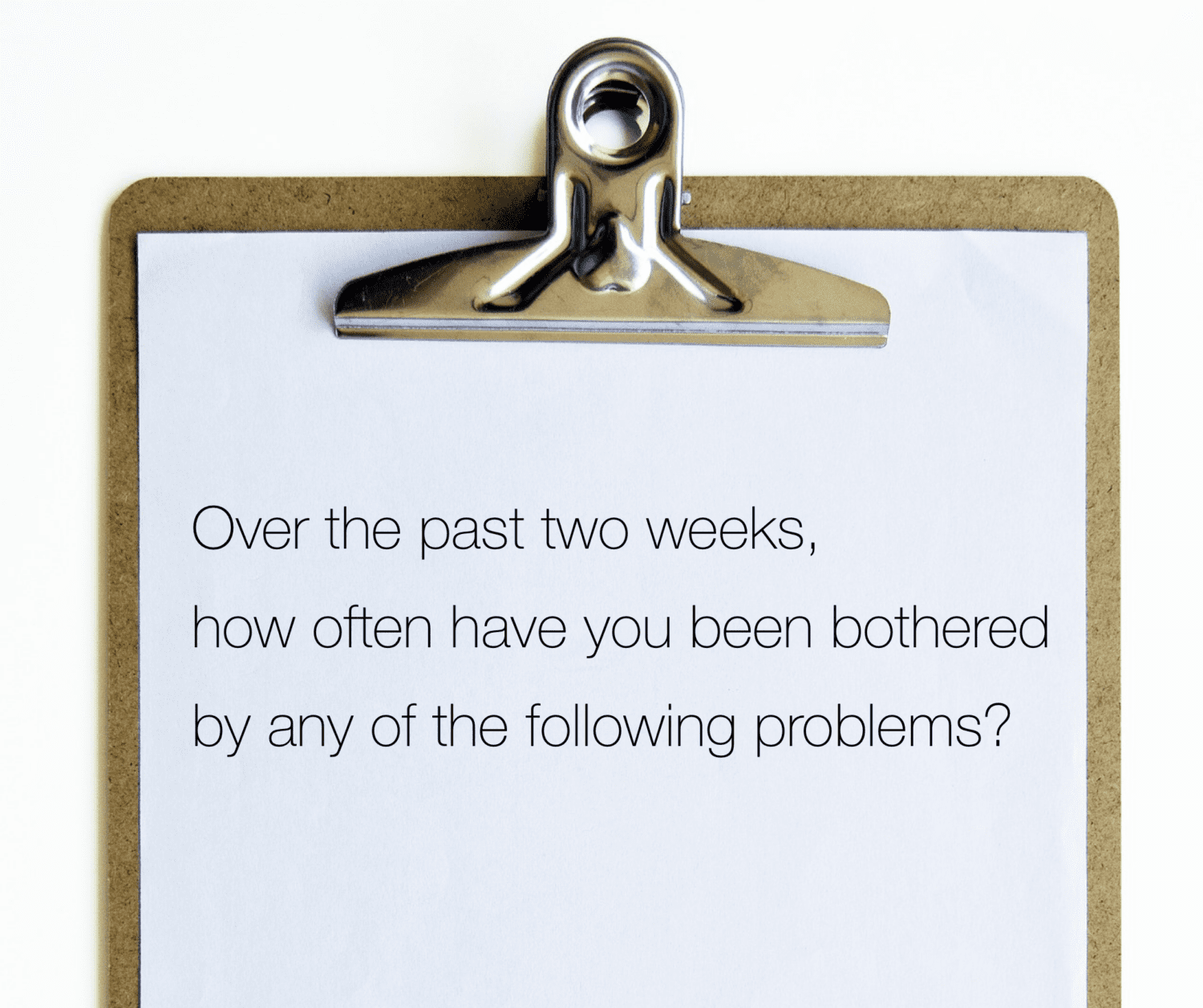With a similar meaning, the words ‘anxiety’ and ‘panic’ are often used as if they mean the same thing: intense fear or worry. However, the truth is panic attacks and anxiety are two very different things.
Anxiety, by definition, is marked by an increase feeling of excessive fear and/or discomfort as a result of a trigger. This trigger can be almost anything, but there is going to be one.
Panic attacks, on the other hand, occur suddenly and are completely random moments of extreme fear and panic, not triggered by anything. These feelings or symptoms come “out of the blue” and usually do not last long (approximately 10 minutes) before lessening.

Therefore, the main differences between panic attacks and anxiety are:
- Intensity of symptoms
- Length of time the main symptoms occur over
- The identification of a trigger
The symptoms for anxiety and panic attacks can be similar to each other. However, symptoms from panic attack are usually more intense compared to those experienced with anxiety.
It is important to understand the difference between anxiety and panic attacks, as well as their symptoms because the coping mechanisms and treatment can be different depending on whether you are experiencing anxiety or panic attacks.
As always it is important to discuss what you’re feeling and your symptoms with your doctors and the rest of your mental health care team. To read more about this question and about the differences, visit ABCNews.com or read this great article by BBC.
Has your child ever experienced any of these symptoms or had a panic attack? Do you know of anything that triggers their anxiety? If you have any questions about today’s blog post, let us know in the comments section below!
 In Mr. Klingensmith’s 20 years of working as a therapist, supervisor, and community educator in a variety of settings for young people and their families, he has seen many changes happening in the lives of adolescents—one of the biggest being technology. In 2010, while working as a therapist, he began to see how much the youth were becoming dominated by social media. And he started to see that many adolescents to share personal, private and even risky content online.
In Mr. Klingensmith’s 20 years of working as a therapist, supervisor, and community educator in a variety of settings for young people and their families, he has seen many changes happening in the lives of adolescents—one of the biggest being technology. In 2010, while working as a therapist, he began to see how much the youth were becoming dominated by social media. And he started to see that many adolescents to share personal, private and even risky content online.












